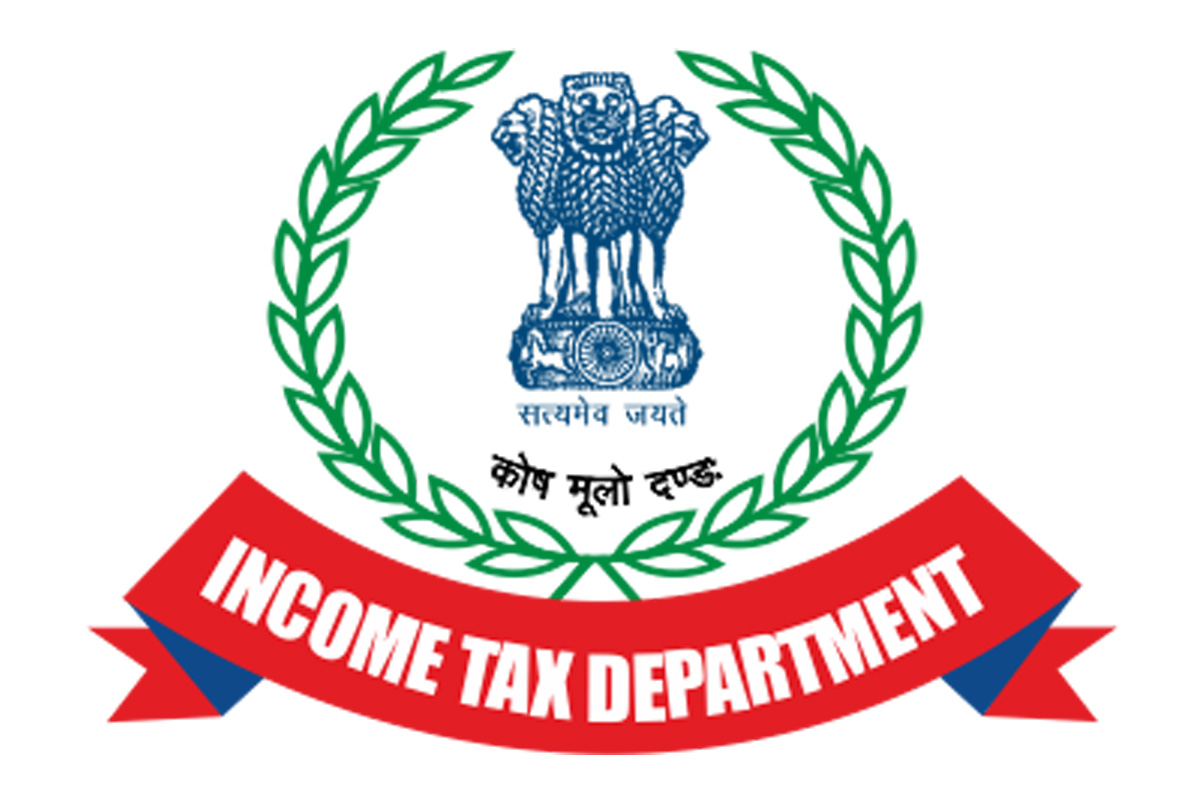The government has assured income tax officials that implementation of the new faceless and contactless tax administration would not cause any large-scale movement of officers or officials and all the changes would be done within the existing manpower preferably at the existing locations.
Prime Minister Narendra Modi last week launched the platform for ‘Transparent Taxation – Honouring the Honest’ that aims to ease tax compliance with faceless assessment, faceless appeal and a tax payers’ charter.
Advertisement
The new system has raised fears that wide scale digitalisation of tax administration may result in scaling down manpower and job cuts.
Sources said that the Central Board of Direct Taxes (CBDT) held an online meeting on Tuesday with officers and officials of the income tax department to discuss the national rolling out of the Faceless Assessment and Taxpayers’ Charter.
At the meeting, CBDT Chairman P.C. Mody highlighted the details and backdrop of the Faceless Assessment Scheme and Taxpayers’ Charter but also took care to remove doubts in the mind of officers on the reallocation and reorganisation aspects of the department’s manpower in wake of the proposed changes.
He told officers that Faceless Assessment Scheme’s implementation would not cause any large-scale movement of officers or officials and there would be no reduction in the existing infrastructure and resources of the department.
Mody also elucidated that the changes would be done “within the existing manpower preferably at the existing locations” and sought to dispel all kind of misgivings and misapprehensions which may have been reflecting in the minds of the officers and officials of the department with regard to national launch of the Faceless Assessment Scheme.
The chairman also explained the role and constitution of National e-Assessment Centre (NeAC) and Regional e-Assessment Centres (ReACs) and expressed confidence that given the immense talent pool within the I-T Department, the service would definitely rise to the occasion and make the transition to Transparent Taxation a reality.
He went on to say that the new system was important to uphold the dignity of the service and also to change the narrative of negative public perception into a positive one.
Under the new faceless system, even tax scrutiny and assessment would be decided by an online system so that direct interface between the taxpayer and the administrator is reduced. Also, this is expected to reduce allegations of bias of tax authority against taxpayers.
According to sources, during the meeting, Member (CBDT) S.K. Gupta made a detailed presentation on the Faceless Assessment Scheme and explained its various nuances along with the differences between the manual scrutiny process and the Faceless Assessment which was introduced in October 2019.
He detailed the constitution of the NeAC, its powers and functions and, also, those of the ReACs as well as the various Assessment, Verification, Technical and Review Units respectively working within the ambit of ReACs/NeAC. He also emphasised the importance of embracing change and moving ahead using technology, to be in sync with the changing times.
Sources said that this was followed by a presentation on the newly-introduced Taxpayers’ Charter. The officers were sensitised about the rights of the taxpayers as enshrined in the charter. It was emphasised that the charter must be implemented in letter and spirit.
Finance Ministry sources said that the demand management strategy to be adopted by the Income Tax Department was also discussed in the meeting to identify and clean-up pending demands so that the correct demand, if any, could be made available to the taxpayers.
As a part of cleaning-up of demand, all pending rectifications and appeal effects were to be attended on priority as this was also one of the key factors of a transparent tax administration.









